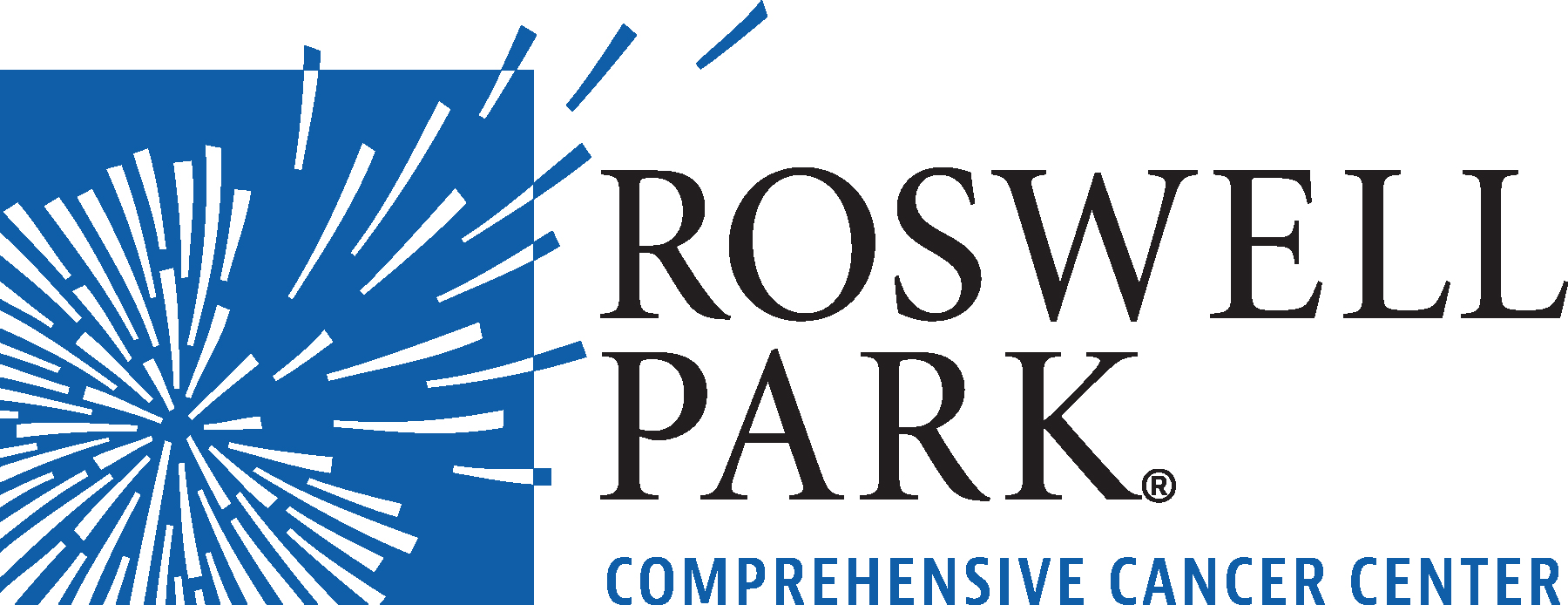Newswise — A new study suggests that surgeons are routinely performing an investigational procedure called sentinel node biopsy (SNB) on women with early-stage breast cancer, which, the investigators say, may be affecting the generalizability of ongoing trials of the procedure. Stephen B. Edge, MD, Chair of Breast and Soft Tissue Surgery at Roswell Park Cancer Institute (RPCI) is the lead author of the study which appears in the October 15 issue of the Journal of the National Cancer Institute.
SNB is used to check the one or more lymph nodes at greatest risk for breast cancer metastases. The procedure is considered a potential alternative to standard axillary node dissection (AND), which involves removing all of the lymph nodes in the armpit area and has been associated with chronic problems such as lymphedema (arm swelling caused by the blockage of lymph flow).
Large trials are underway to examine the safety and accuracy of SNB. However, the procedure is already gaining popularity, and there is concern that premature adoption of SNB as standard care may compromise these ongoing trials.
To examine patterns of SNB use in academic comprehensive cancer centers, Dr. Edge and his colleagues from the National Comprehensive Cancer Network (NCCN)* looked at 3,003 women with stage I or stage II breast cancer who underwent SNB alone, SNB followed by AND, AND alone, or no axillary surgery at one of five comprehensive cancer centers between 1997 and 2000—the period SNB was entering clinical practice in the United States.
Use of SNB alone was associated with breast-conserving surgery. During the study period, use of SNB alone increased over time, from 8% in 1997 to 58% in the last half of 2000. There was an initial increase in the use of SNB plus AND until the last half of 1999. Use of SNB plus AND subsequently decreased as use of SNB alone increased.
"Our data suggest that breast cancer teams at some National Cancer Institute-designated comprehensive cancer centers have weighed the currently available evidence and have accepted SNB as the standard of care for the treatment of breast cancer," notes Edge. "More than a million women in the United States alone will develop invasive breast cancer before clinical trial data are available. Delaying the use of SNB pending trial results may lead to substantial morbidity, including permanent lymphedema in many of these women. Carefully performed clinical trials are the key to making advances in cancer care. However, other scientific evaluations methods are needed in select circumstances to prove the utility of new technologies such as new surgical procedures like SNB."
The National Comprehensive Cancer Network (NCCN), an alliance of 19 of the world's leading cancer centers, is an authoritative source of information to help patients and health professionals make informed decisions about cancer care. Through the collective expertise of its member institutions, the NCCN develops, updates, and disseminates a complete library of clinical practice guidelines. These guidelines are the standard for clinical policy in oncology. NCCN's complete spectrum of programs emphasizes improving the quality, effectiveness, and efficiency of oncology practice.
Roswell Park Cancer Institute was founded in 1898, is the nation's first cancer research, treatment and education centers and is the only National Cancer Institute-designated comprehensive cancer center in Upstate New York. For more information, visit RPCI's website at http://www.roswellpark.org.
*Participating members of the NCCN Breast Cancer Outcomes Project: Dana Farber Cancer Institute, Boston, MA; Roswell Park Cancer Institute, Buffalo, NY; Fox Chase Cancer Center, Philadelphia, PA; M.D. Anderson Cancer Center, Houston, TX; and City of Hope National Medical Center, Duarte, CA
Edge SB, Niland JC, Bookman MA, Theriault RL, Ottesen R, Lepisto E, et al. Emergence of sentinel node biopsy in breast cancer as standard-of-care in academic comprehensive cancer centers. J Natl Cancer Inst 2003;95:1514"21.
Note: The Journal of the National Cancer Institute is published by Oxford University Press and is not affiliated with the National Cancer Institute. Attribution to the Journal of the National Cancer Institute is requested in all news coverage.
